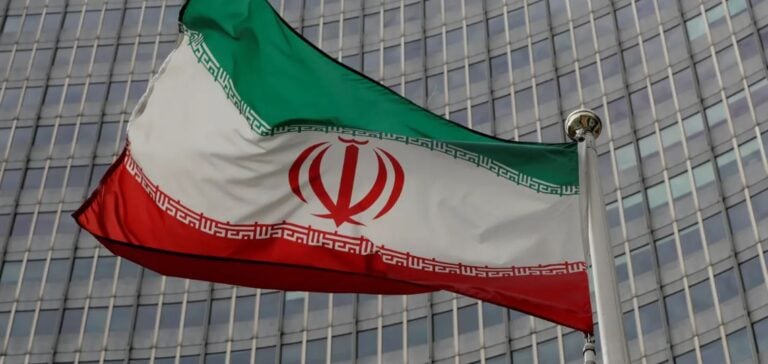Iran continues to ramp up its nuclear program, drawing increasing attention from the international community. Rafael Grossi, Director General of the International Atomic Energy Agency (IAEA), stated at the World Economic Forum in Davos that direct dialogue between Washington and Tehran is essential. According to him, this discussion is the only path to reviving negotiations on Iran’s nuclear program.
Since the United States’ withdrawal from the Joint Comprehensive Plan of Action (JCPOA) in 2018, Tehran has steadily increased its uranium enrichment capacities. Recent announcements regarding the deployment of new centrifuges at the strategic Fordo site highlight this acceleration. The IAEA estimates that monthly enriched uranium production could reach 34 kilograms, representing a 600% increase compared to 2021 levels.
A Strained Diplomatic Climate
The U.S. abandonment of the 2015 agreement, coupled with a “maximum pressure” policy under the Trump administration, has intensified bilateral tensions. In response, Iran has gradually lifted its own restrictions, citing its right to develop nuclear energy for peaceful purposes. These initiatives, however, have reignited global concerns over a potential military dimension to the program.
Despite this escalation, Iranian officials, led by President Massoud Pezeshkian, have recently expressed a willingness to restore dialogue. This gesture, though encouraging, faces deep-seated mistrust between the two sides.
Challenges in Reviving Negotiations
For the IAEA, Iran’s recent advancements underscore the urgency of a diplomatic approach. Rafael Grossi emphasized that without bilateral discussions, no durable solution will be achievable. However, disagreements over the preconditions for talks present a major hurdle.
While the United States suggests additional sanctions to maintain pressure, Tehran demands the partial lifting of economic restrictions before considering any compromise. This stalemate highlights the complexity of the interests involved and the challenge of reactivating the JCPOA in its original form.
Potential Consequences for the Energy Sector
The evolution of this issue could have significant repercussions for the global energy market. Continued tensions risk disrupting regional balances, particularly in the Persian Gulf, a strategic zone for hydrocarbon transportation. Additionally, increased sanctions could further isolate Iran economically, reducing its capacity to export energy resources.
The question remains: Will current initiatives be enough to defuse the crisis, or will they require significant concessions from both sides?






















